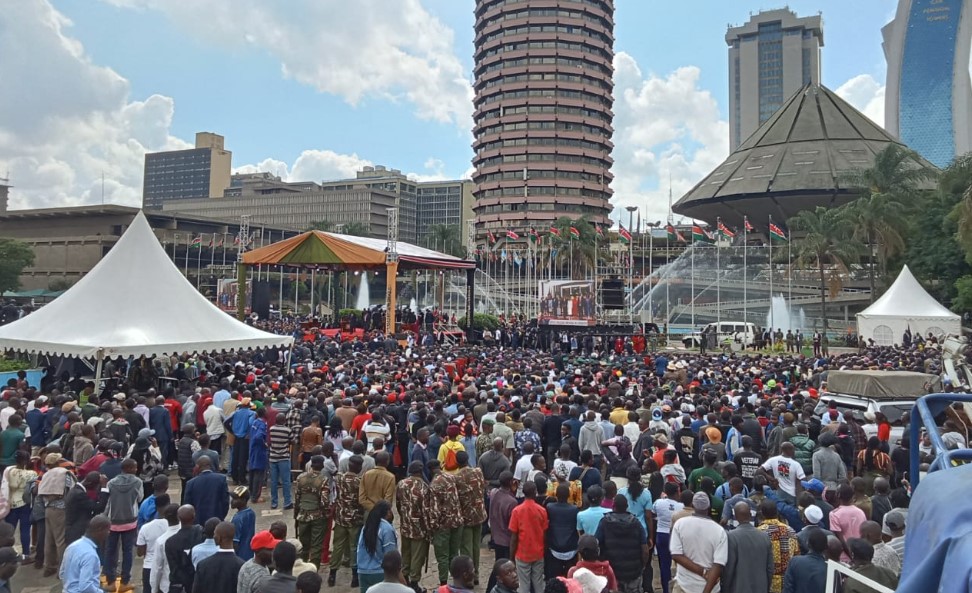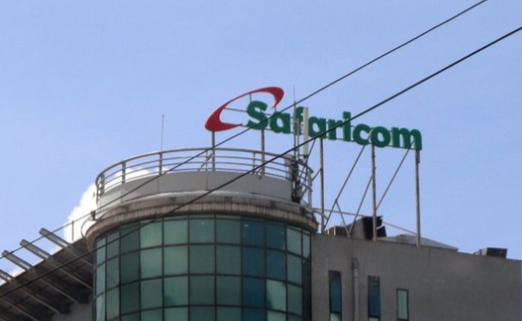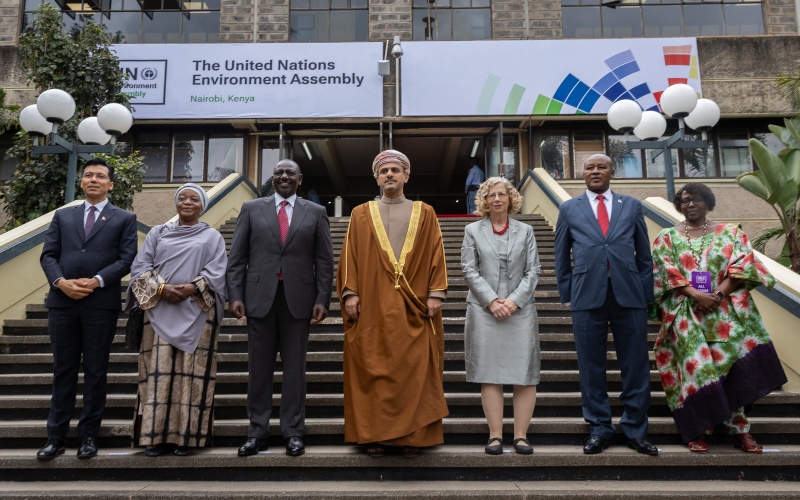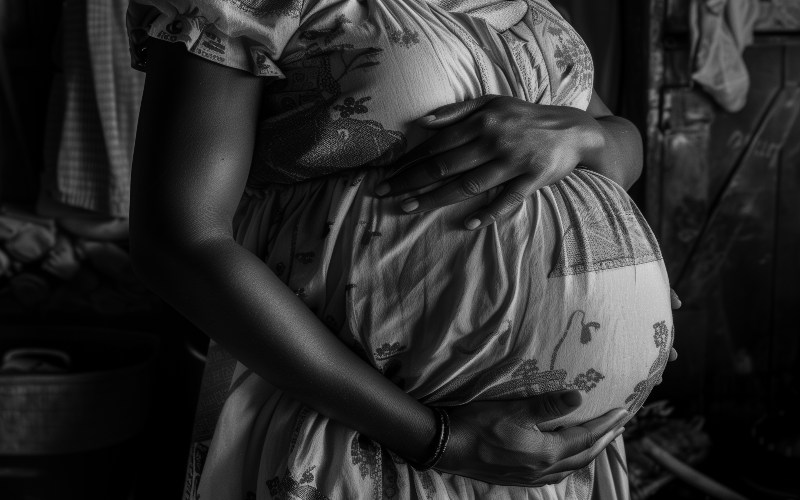Court blocks state from proceeding with sale of 11 parastatals, including KICC

The court dismissed the application, stating that the government failed to demonstrate how its pending appeal would be undermined without the suspension of the High Court judgment.
The Court of Appeal has rejected the government’s bid to suspend a High Court decision that declared the Privatisation Act, 2023 unconstitutional, effectively halting plans to privatise 11 state-owned enterprises, including the Kenyatta International Convention Centre (KICC) and Kenya Pipeline Company (KPC).
In a ruling delivered by Justices Fred Ochieng, Weldon Korir and Joel Ngugi, the court dismissed the application, stating that the government failed to demonstrate how its pending appeal would be undermined without the suspension of the High Court judgment.
More To Read
- President Ruto pitches National Infrastructure Fund as engine for long‑term growth
- New international convention centre at Bomas set for completion in April 2026
- Supreme Court dismisses bid to halt High Court state CEO recruitment case
- Government targets Kenyan travellers in Jamhuri Week drive to revive tourism sector
- Ndindi Nyoro questions government’s decision to sell 15 per cent Safaricom stake
- David Mutiso, visionary architect behind KICC, dies
“The Court cannot make a finding that an appeal would be rendered nugatory based solely on conjecture or speculative reasoning,” the three-judge bench ruled.
The judges further held that public interest tilted in favour of maintaining the High Court decision, warning that suspending the judgment could allow the government to proceed with the privatisation of critical public assets, which may be irreversible.
“Public interest considerations run in the opposite direction since, in the intervening period, should the judgment be suspended, the government may proceed to sell parastatals that are either ‘natural’ or inherent monopolies or are of strategic importance or national interest,” the judges noted.
“Should this happen, both the transfer of functions and costs are likely to be irreversible. Therefore, it is our view that public interest lies in awaiting the determination of the appeal.”
The ruling upholds a September 2023 judgment by High Court judge Chacha Mwita, who declared the Privatisation Act unconstitutional.
Public participation
Justice Mwita found that the National Assembly failed to ensure meaningful public participation before passing the law. He also ruled that the planned privatisation of KICC contravened Article 11(2) of the Constitution, which protects national heritage and the Monuments and Heritage Act.
“The decision to privatise the iconic KICC, a national monument, contravenes Article 11(2) of the Constitution… and is therefore unconstitutional, unlawful, null and void,” Mwita ruled in the High Court decision now under appeal.
In its application to suspend the ruling, the government argued that maintaining the judgment would force it to continue funding loss-making public entities, placing immense strain on limited public resources.
“The main and urgent benefit of the Privatisation Act was to provide for a mechanism through which publicly-owned enterprises are to be managed and commercialised in an economically sound way for the benefit of the public,” the government argued.
The National Assembly also contested the High Court’s ruling, accusing the judge of misapplying the principles of public participation and introducing new obligations not required by the Supreme Court.
“The court misinterpreted the doctrine of public participation, ignored existing mechanisms available to the National Assembly, and undermined its discretion in choosing the appropriate method,” Parliament submitted.
It also faulted the High Court for suggesting that legislation should be published in Kiswahili, arguing that no such requirement had been established by the Supreme Court and warning that the ruling imposes new burdens on the legislative process.
But those opposing the application, including the Orange Democratic Movement (ODM) and the Katiba Institute, welcomed the Court of Appeal’s decision. They argued that suspending the judgment would allow the government to proceed with the privatisation of strategic public assets without constitutional safeguards.
“Granting conservatory orders would harm public interest by facilitating unconstitutional actions and potentially irreversible changes, such as transferring government assets to private entities,” the court was told.
ODM, which filed the petition that led to the suspension of the privatisation drive, argued that the targeted institutions are of strategic national importance, and selling them off posed a threat to Kenya’s sovereignty.
Besides KICC and KPC, other state corporations previously earmarked for privatisation included New Kenya Cooperative Creameries (KCC), National Oil Corporation of Kenya (NOCK), Mwea Rice Mills Ltd, Western Kenya Rice Mills Ltd, Numerical Machining Complex, Kenya Vehicle Manufacturers Ltd, and Moi University-owned Rivatex East Africa Ltd.
Also on the list were the Kenya Literature Bureau (KLB) and the Kenya Seed Company.
The Court of Appeal also faulted Section 22(5) of the Privatisation Act, which states that if the National Assembly fails to ratify a privatisation decision within 90 days, it is deemed approved. The court ruled that this provision is unconstitutional.
Top Stories Today













































